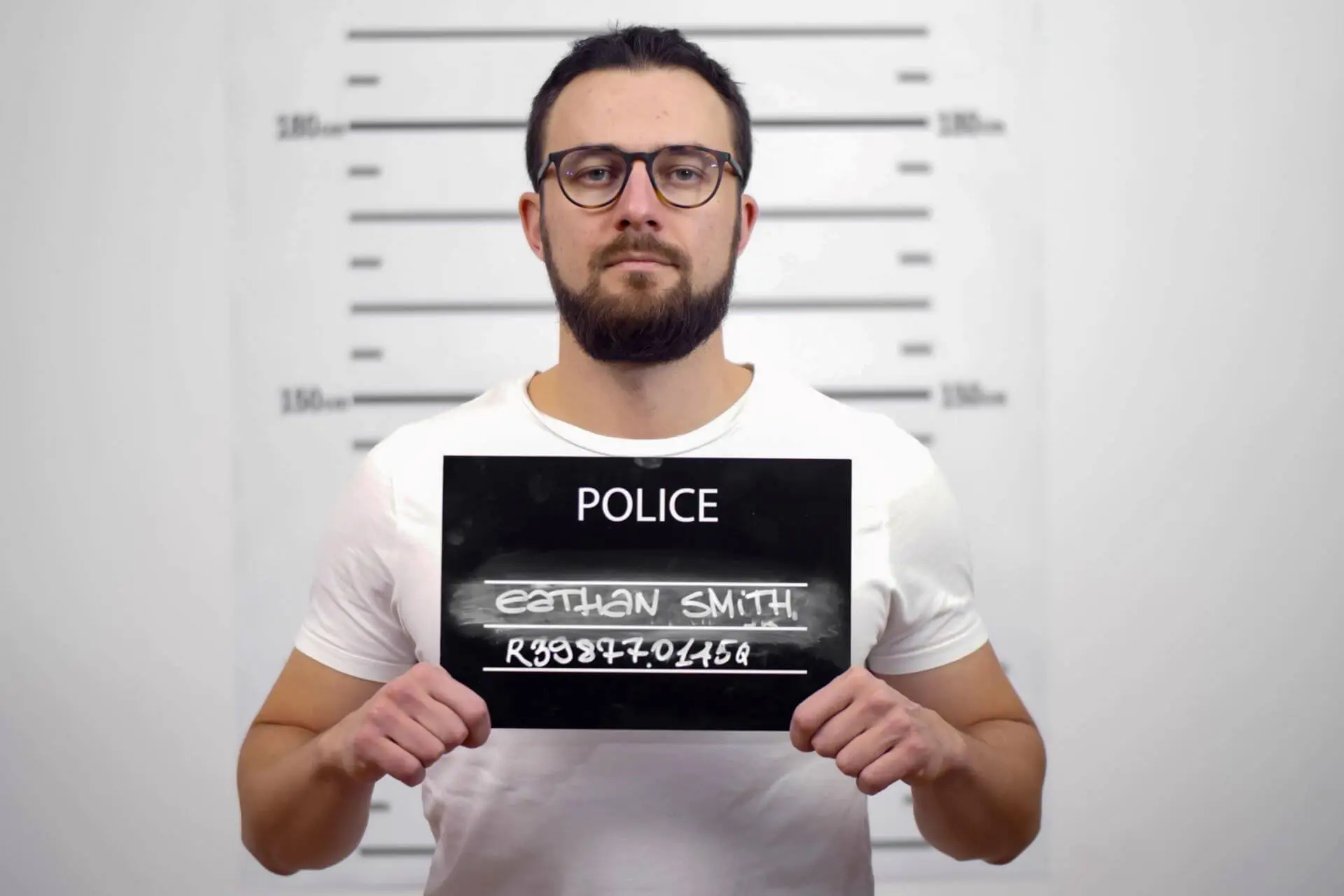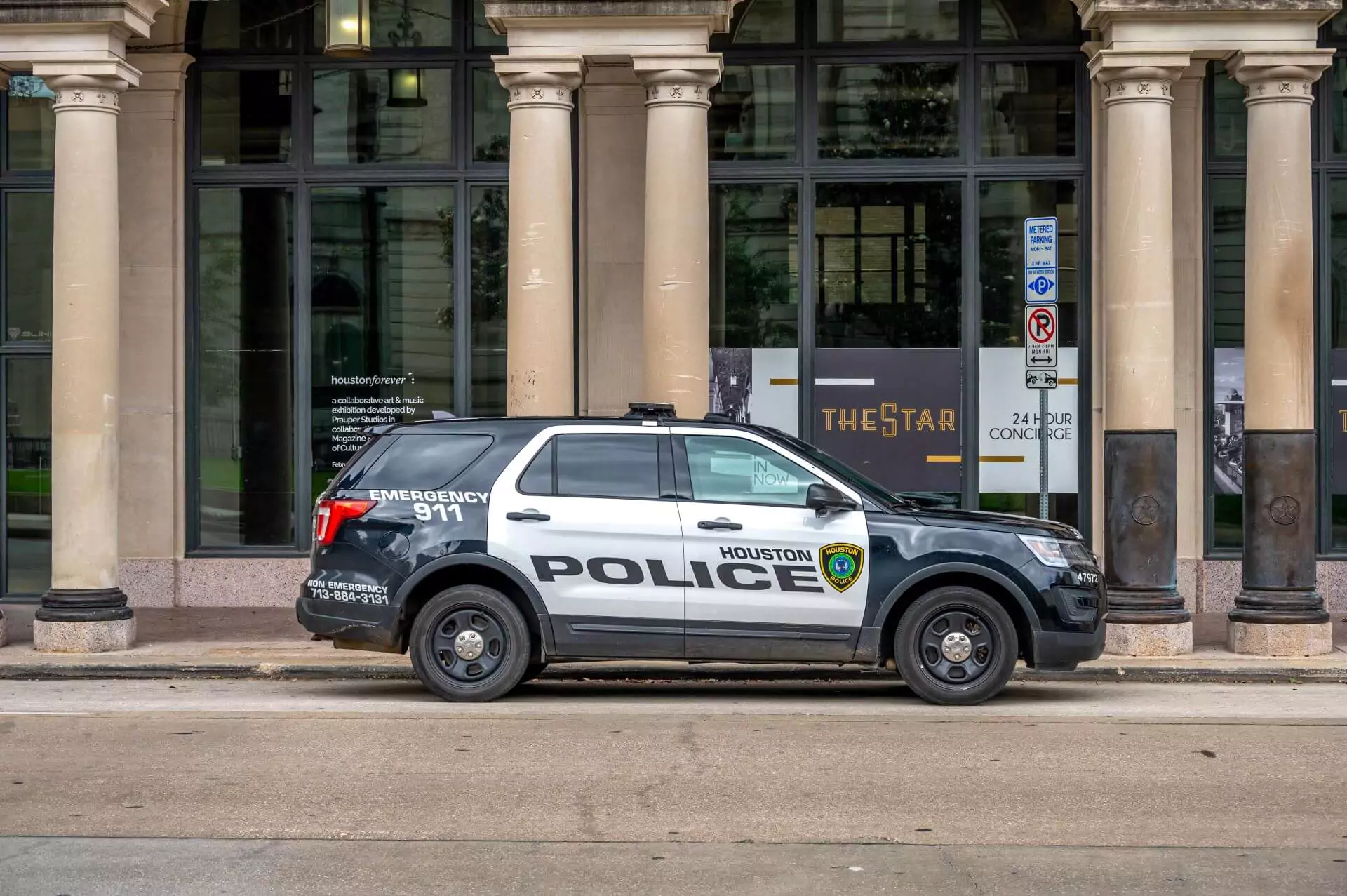When law enforcement questions you after being arrested for drugs or if you are accused of a drug crime, you need to do everything in your power to protect yourself in the moment. That means, first and foremost, to avoid talking to the police until you’ve spoken to a lawyer.
Why? Here’s the thing about talking to the police: What you tell them can be used against you in a court of law, but it can never be used for you. It does not seem fair, but that’s just the way the system works.
So, if you’ve been arrested, believe you might be charged, or know someone who is facing drug charges, remember this: contact a defense attorney immediately.
Let’s talk about what you can do now and in the future to put yourself in the best possible position to fight drug charges.
Police are not going to “help you out” if you talk.
People often believe they can explain their way out of a situation. Resist the temptation. It’s not going to work. It just won’t.
Police officers are trained to gather statements that can be used against you. Detectives are even more skilled in this area and can read your body language and non-verbal cues for information.
Still think talking is a good idea? Here’s something to keep in mind:
Police officers and detectives can legally lie to you.
So, the takeaway here is that law enforcement has all the cards stacked in their favor. If you talk, you lose.
How do you invoke your right to remain silent and avoid incriminating yourself?
The Fifth Amendment gives you the right to refuse to answer questions that might incriminate you. In Texas, like in the rest of the U.S., you’re not required to talk to the police at any time or in any setting.
Suppose you have already been arrested for a drug crime or fear that you may be accused of a drug crime. In that case, you need to invoke your right to remain silent the moment a law enforcement officer asks you a question, even though it may sound friendly, seem harmless, or appear unrelated to the situation.
Here’s what you need to say:
- “I invoke my Miranda right to remain silent.”
- “I only want to speak to my attorney, and I will not talk to anyone unless my attorney is present.”
- “I refuse to answer any questions until I speak with an attorney.”
If you’re in custody and properly invoke your right to remain silent, law enforcement must stop questioning you.
Be specific. Stick to the script.
When you invoke your rights, you have to be clear and specific. Even saying, “Maybe I should talk to a lawyer,” is too ambiguous to constitute an invocation, according to a 1994 Supreme Court ruling (Davis vs United States).
Asserting your rights can’t be used against you.
Officers might say that asking for a lawyer makes you look guilty. That’s not true.
What happens when you’re arrested for drug charges?
If you’re arrested, you’ll be taken to jail and booked. This is an overwhelming situation, but focus on staying calm. If you argue, protest, or talk, things can only get worse, not better.
You will be booked, and officers will record your personal information, perform fingerprinting, and take a photograph of you, known as a mugshot, among other procedures.
Then, you’ll be placed in a holding cell while you wait for a bail hearing. Throughout this process, don’t discuss your case with anyone.
Find the right defense strategy.
Your attorney will work with you to find the best strategy to achieve a dismissal, not-guilty verdict, or plea bargain, depending on the merits of your case.
Every case is different, but there are a handful of commonly used defense strategies. Remember, these aren’t arguments for you to employ in interactions with law enforcement; they’re avenues of defense in the courtroom.
1. Fourth Amendment Violation
The Fourth Amendment protects you from unreasonable searches and seizures. If law enforcement didn’t have a legal reason to search you, the evidence they gathered may be inadmissible in court.
2. Insufficient Evidence
The prosecutor needs to prove that you knowingly possessed an illegal drug. The standard is “beyond a reasonable doubt,” and the evidence has to be substantial enough to meet that.
3. Constructive Possession
You may be able to claim the drugs were someone else’s property. If they were found in a shared space, the prosecutor has to prove they belonged to you specifically.
4. Chain of Custody
The police need to follow strict protocols when handling evidence. Your attorney should scrutinize the handling of evidence by police and forensic analysts to identify any problems.
5. Entrapment
Police can’t induce you into committing a crime you otherwise wouldn’t have. That’s called entrapment, and it’s a viable defense against liability.
Skilled legal representation is critical.
Criminal cases are complex, and the stakes are high. A conviction can lead to jail time, fines, and a criminal record.
An experienced attorney can make a significant difference in the outcome of your case, helping you challenge unlawful procedures and build the strongest defense possible.
Accused of a drug crime? Get an attorney.
If you’re accused of a drug crime in Texas, your best course of action is to invoke your right to remain silent and call Gold Legal, PLLC. We know how law enforcement officers and prosecutors build drug cases and how to beat them.
— Kandi Gilder, Attorney at Law




